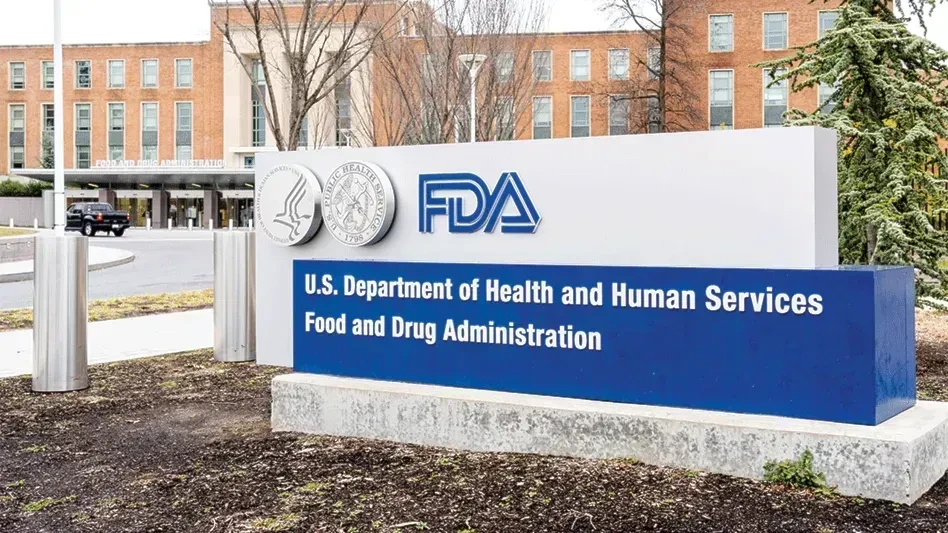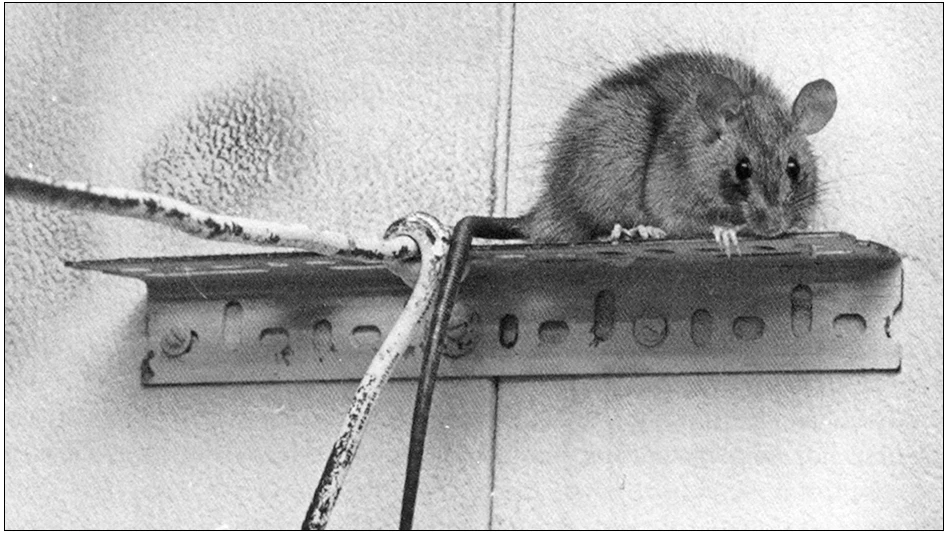
On September 23, CDC celebrated the Antimicrobial Resistance (AMR) Challenge at a United Nations General Assembly side event. The AMR Challenge has been a yearlong effort to accelerate the fight against AMR with action across governments and industries worldwide. The AMR Challenge acknowledges that antibiotic resistance is a global, One Health threat affecting humans, animals, and the environment. Food can become contaminated with bacteria, including antibiotic-resistant bacteria, at any point along the food production chain. Among the hundreds of commitments made, 41 food-producing organizations across the globe committed to the AMR Challenge to protect human and animal health.
The U.S. government’s Antimicrobial Resistance (AMR) Challenge is a yearlong effort to accelerate the fight against antimicrobial resistance across the globe. It is a way for governments, private companies, and non-governmental organizations worldwide to make formal commitments that further the progress against antimicrobial resistance. The Challenge encourages a One Health approach, recognizing that the health of people is connected to the health of animals and the environment.
The AMR Challenge launched at the United Nations (UN) General Assembly in September 2018. The kick-off event was filmed live and is available on YouTube. While the AMR Challenge commitments are made during this one-year period, the outcome of these commitments will accelerate the fight against antimicrobial resistance in the years to come.
Show your organization’s efforts to combat antimicrobial resistance by submitting an actionable commitment for change. The commitment should fall in at least one of five commitment areas to participate:
- Tracking and data: Share data and improve data collection
- Infection prevention and control: Reduce the spread of resistant germs
- Antibiotic use: Improve appropriate antibiotic use (sometimes called antibiotic stewardship), including ensuring access to these drugs
- Environment and sanitation: Decrease antibiotics and resistance in the environment, including improving sanitation
- Vaccines, therapeutics, and diagnostics: Invest in development and improved access
Visit https://www.cdc.gov/drugresistance/intl-activities/amr-challenge.html for more information,
Latest from Quality Assurance & Food Safety
- Sprague Pest Solutions Shares How Digital Tools Can Help Food Facilities Fight Pests
- Mississippi Poultry Flock Tests Positive for H7N9 in First Outbreak Since 2017
- Bird Flu Not Detected in Interim Results from Aged Raw Milk Cheese Research
- FDA Intends to Extend Compliance Date for Food Traceability Rule
- HHS, FDA Announce Chemical Contaminants Transparency Tool for Foods
- HHS, FDA Announce Operation Stork Speed to Expand Options for Infant Formula
- Bio-Rad Launches XP-Design Assay Salmonella Serotyping Solution for Food Safety Testing
- RFK Directs FDA to Explore Elimination of GRAS Rule ‘Loophole’ for Food Ingredients




